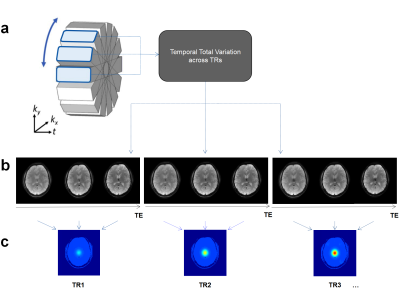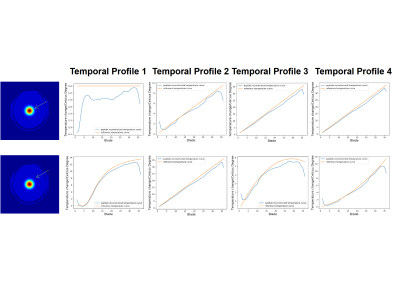Zhehong Zhang1, Fair Merlin2, Fuyixue Wang3,4, Zijing Dong3,5, Wending Tang1, Menghan Li1, Danna Wei6, Kawin Setsompop2,7, and Kui Ying1
1Department of Engineering Physics, Tsinghua University, Beijing, China, 2Department of Radiology, School of Medicine, Stanford University, Stanford, CA, United States, 3Athinoula A. Martinos Center for Biomedical Imaging, Massachusetts General Hospital, Charlestown, MA, United States, 4Harvard-MIT Health Sciences and Technology, MIT, Cambridge, MA, United States, 5Department of Electrical Engineering and Computer Science, MIT, Cambridge, MA, United States, 6Department of Biomedical Engineering, School of Medicine, Tsinghua University, Beijing, China, 7Department of Electrical Engineering, Stanford University, Stanford, CA, United States
1Department of Engineering Physics, Tsinghua University, Beijing, China, 2Department of Radiology, School of Medicine, Stanford University, Stanford, CA, United States, 3Athinoula A. Martinos Center for Biomedical Imaging, Massachusetts General Hospital, Charlestown, MA, United States, 4Harvard-MIT Health Sciences and Technology, MIT, Cambridge, MA, United States, 5Department of Electrical Engineering and Computer Science, MIT, Cambridge, MA, United States, 6Department of Biomedical Engineering, School of Medicine, Tsinghua University, Beijing, China, 7Department of Electrical Engineering, Stanford University, Stanford, CA, United States
PEPTIDE is applied to the MR thermometry, where an image reconstruction framework that leverages sparsity across blades of PEPTIDE rawdata is proposed. The potential in using PEPTIDE to provide distortion- and blurring-free temperature mapping at high temporal resolution was demonstrated.

Figure 1. An overview of the proposed method, using the brain as an example. (a) is the sampling patterns of the PEPTIDE sequence in k-space. Each blade here is sampled within one TR. (b) shows the reconstructed magnitude maps of each blade. (c) is the temperature maps derived from phase maps of different echo times, using the PRFS method.
